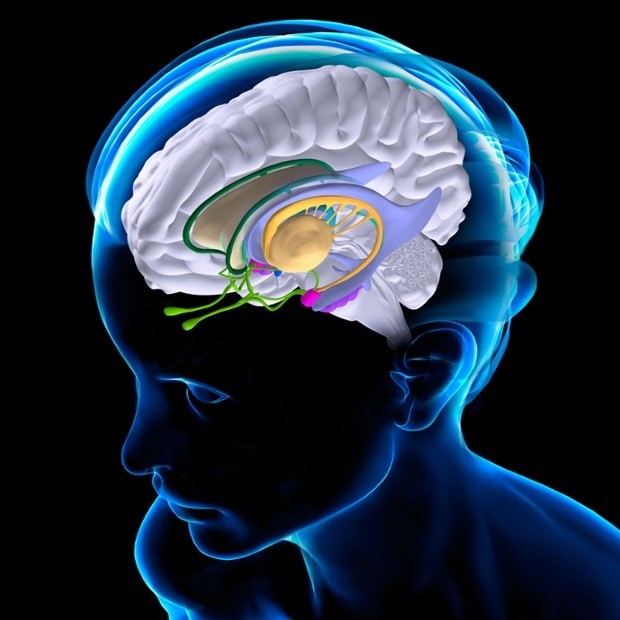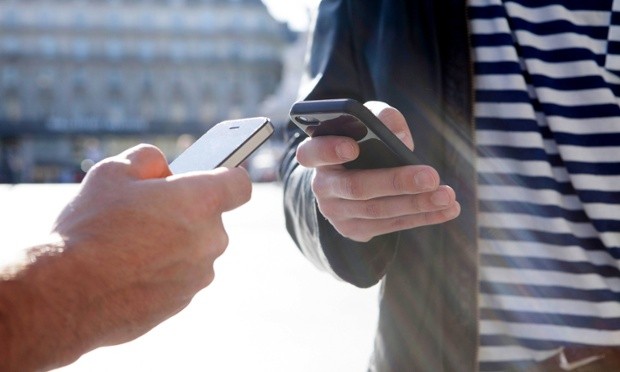But why does dependence on technology damage our brains when we have almost everything at our fingertips thanks to smartphones and tablets? The human brain is busier than ever before. In the age of email, Facebook and Twitter, time requires us to multitask. Which takes its toll. Dependence on technology makes us less, not more efficient.
If words are to be believed neuroscientists and other experts, dependence on technology it damages our brain and inhibits our performance. In modern times, we are bombarded with hundreds of facts, quasi-facts, rumours,... and just figuring out what is important to us and what is not is exhausting for the brain. In addition, the modern age has strained the brain new tasks. Thirty years ago, agents made plane and train reservations for us, salespeople helped us find what we wanted, doctors taught us about diseases... today we do it all ourselves. We do the work of 10 different people, and in the meantime we try to live to the fullest.

Smartphones have become modern swiss knives, where blades, saws and tweezers have been replaced by dictionaries, calculators, browsers, email, calendars, voice recorders, weather forecast, Facebook, GPS, flashlight, etc. They are more capable than most of the most advanced computers of 30 years ago. And we use them for everything and all the time. For texting while walking, for writing e-mails, they employ us when we are standing at the station or in line, when we are having lunch, when we are having coffee with friends, when we are playing sports... We check with them what our friends are doing, what is happening in the world, they have become shopping list, to-do calendar, alarm clock, music and podcast player. All well and good, but there's the fine print. Although we think that we are multitasking, this is merely an illusion, as a neuroscientist Earl Miller (Massachusetts Institute of Technology) says our brains are not masters multitasking. And that's why when people "multitask", in reality we only switch very quickly between individual tasks. So we are not jugglers who manage to keep several balls in the air at the same time. As a result, multitasking is no more effective, but less, and on a microscopic level it causes the production of stress hormones cortisol (gives energy) and adrenaline, which can cloud our judgment. With "multitasking" we become addicted to dopamine, happiness hormone, whose trigger is external stimulation. In addition, it has a prefrontal cortex tendency to novelty, which means that her attention is easily grabbed by something new. This addiction, inundation and stocking with novelty causes an eruption endogenous opioids and is actually brain food with empty calories, i.e. without real "nutritional" value.

Russ Poldrack, also a neuroscientist (Stanford University) found that information/learning while doing several different things at the same time causes the information to be stored to the wrong parts of the brain. If a student studies while watching television, fresh knowledge from books travels to striatum, where new processes and skills are stored, but not where the brain has made room for facts and ideas. Without TV, this information would go to hippocampus, where they are meaningfully categorized so that they are easier to find later.
READ MORE: 7 tricks that will help you learn a foreign language easier and faster

Then there is another problem with the ubiquity of mobile phones. When the phone rang in the "old days" and we were busy, we just didn't pick up the phone. And if we weren't reachable, that was perfectly acceptable. It is possible that we were not at home then, it is possible that we did not get to the phone in time... But today, when more people in the world have a phone than access to a toilet, this fact created unrealistic expectations, that everyone is reachable whenever we feel like it, regardless of whether it is to their liking or not. This belief is so ingrained that people answer the call in situations when they don't have time and they say "I'm sorry, I can't talk right now, I'm in a meeting", instead of letting it ring empty as it used to be. The most shocking is the following. Glenn Wilson, a former professor of psychology, found that multitasking has a detrimental effect on cognitive abilities. Namely, if you are trying to concentrate on a certain task and unread mail is waiting for you in your e-mail inbox, it can cause drop in IQ by even 10 points. In addition, the cognitive losses due to "multitasking" are even greater than those caused by smoking weed.
Adapted from:
www.theguardian.com





